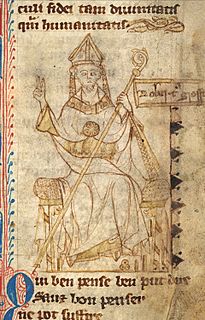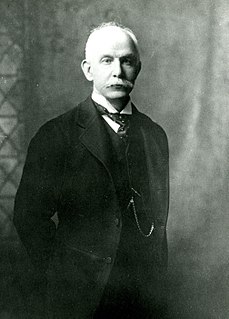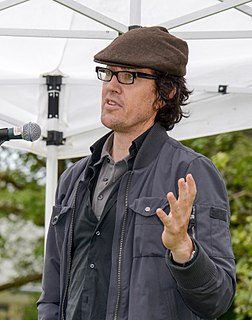A Quote by Horace
What odds does it make to the man who lives within Nature's bounds, whether he ploughs a hundred acres or a thousand?
Related Quotes
Man designs for himself a garden with a hundred kinds of trees, a thousand kinds of flowers, a hundred kinds of fruit and vegetables. Suppose, then, that the gardener of this garden knew no other distinction between edible and inedible, nine-tenths of this garden would be useless to him. He would pull up the most enchanting flowers and hew down the noblest trees and even regard them with a loathing and envious eye. This is what the Steppenwolf does with the thousand flowers of his soul. What does not stand classified as either man or wolf he does not see at all.
One man with an idea in his head is in danger of being considered a madman: two men with the same idea in common may be foolish, but can hardly be mad; ten men sharing an idea begin to act, a hundred draw attention as fanatics, a thousand and society begins to tremble, a hundred thousand and there is war abroad, and the cause has victories tangible and real; and why only a hundred thousand? Why not a hundred million and peace upon the earth? You and I who agree together, it is we who have to answer that question.
Whether you're managing the finances for a household of one, a business of a thousand, or a government of several hundred million, there's no more important statement of fiscal intent you can make than putting together a responsible budget - one that acknowledges its available means, and makes a reasonable attempt to live within them.
I think that every town should have a park, or rather a primitive forest, of five hundred or a thousand acres, either in one body or several, where a stick would never be cut for fuel, not for the navy, not to make wagons, but stand and decay for higher uses - a common possession for instruction and recreation.
Today it is not alive. What, then, is this experience of humanism? With the above survey I have tried to show you that the experience of humanism is that — as Terence expressed it — “Nothing human is alien to me”; that nothing which exists in any human being does not exist in myself. I am the criminal and I am the saint. I am the child and I am the adult. I am the man who lived a hundred thousand years ago and I am the man who, provided we don't destroy the human race, will live hundred thousand years from now.
O youth.......be assured that knowledge alone does not strengthen the hand......Though a man read a hundred thousand scientific questions and understood them or learned them, but did not work with them---They do not benefit him except by working.....Knowledge is the tree, and working is its fruit; and though you studied a hundred years and assembled a thousand books, you would not be prepared for the mercy of Allah the Exalted except by working.
Why does man freeze to death trying to reach the North Pole? Why does man drive himself to suffer the steam and heat of the Amazon? Why does he stagger his mind with the mathematics of the sky? Once the question mark has arisen in the human brain the answer must be found, if it takes a hundred years. A thousand years.







































